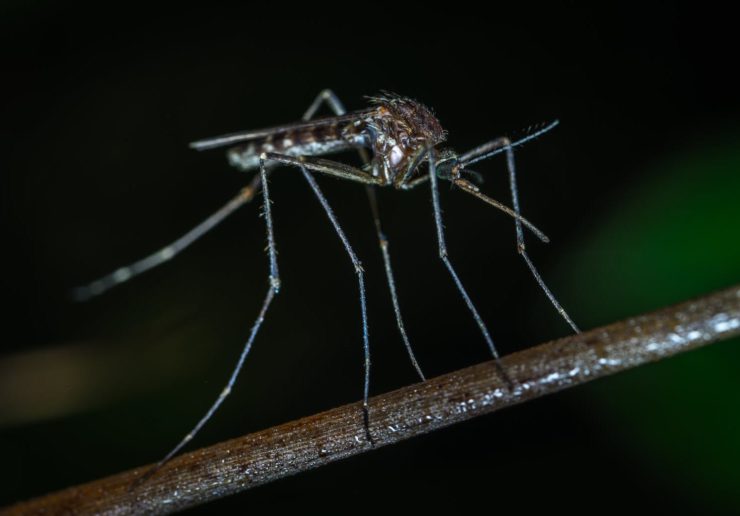
Recently a drone in the town of Bahia, Brazil released a swarm of mosquitoes into the atmosphere. Mosquitoes are one of the most deadly insects in the world. There are over 100 unique species of dangerous mosquitoes that are known to carry deadly pathogens that can cause deadly diseases such as Malaria, West Nile and the the Zika virus that has caused a major crisis in Brazil.
The mosquitoes that were released from the drone are one of the newest weapons scientists have created in the fight to stop these dangerous insects. Each of the mosquitoes released was a sterile male. A team made up of engineers and scientists from the International Atomic Energy Agency and WeRobotics have been genetically altering mosquitoes using various methods in hopes of reducing the mosquito population. The male mosquitoes that were released were sterile, so when they reproduce, the females will not get pregnant. Their goal is methods of dispersing sterile male mosquitoes into areas where the deadly illnesses run rampant.
This was the first drone based trial and after its success, the scientists are already gearing up to use it in other areas. Their goal is simple, to crowd out fertile male mosquitoes with sterile males, with the hopes of reducing infected mosquitoes. This technique has already achieved success in controlling agricultural pests such as tsetse flies, fruit flies, and others.
Mosquitoes are bred and sterilized in various lab environments. They are zapped with a small amount of radiation which is sufficient enough to destroy the insect’s sperm. Next comes the challenge of safely packaging and transporting the mosquitoes to the target locations for release. Most efforts have involved ground releases from vehicles, but this method was not so successful. Instead, researchers are turning to drones.
Drones can be purchased off the shelf for a few thousand dollars and converted into mosquito carriers. Compared to vehicles, drones are at least 10 times more effective at the task according to researchers. Drones can fly low ensuring more control and precision when they release the mosquitoes. Using drones is also a lot cheaper and by using GPS technology, the drones don’t have to worry about pilots messing up. Scientists are hoping this will be a great way to control and reduce disease carrying mosquitoes.
|